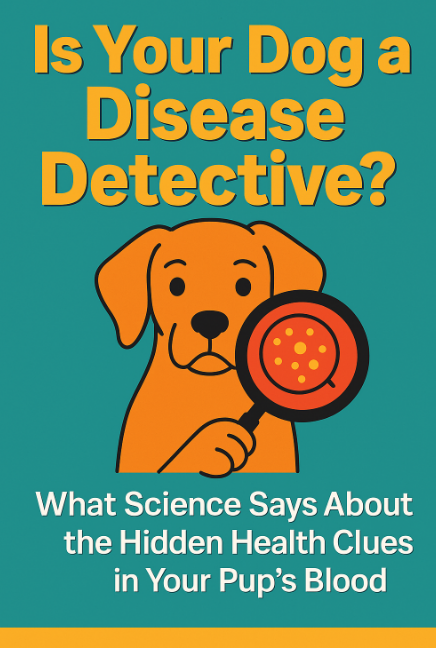
How Dogs are Revolutionizing Early Detection of Parkinson’s Disease
As strange as it may seem, dogs have been making significant contributions to the field of medical diagnostics. Their exceptional sense of smell is not only useful for detecting drugs or tracking missing persons, but also for early detection of diseases like Parkinson’s. This natural canine ability offers promising, non-invasive diagnostic possibilities, which could revolutionize the detection and management of diseases.
Understanding Parkinson’s Disease
Parkinson’s Disease (PD) is a progressive neurological disorder that affects movement. Traditionally diagnosed through clinical evaluation, early detection remains a challenge but is crucial for managing symptoms more effectively. According to the International Parkinson and Movement Disorder Society, early diagnosis can significantly slow disease progression.
The Canine Advantage
Enter the heroes of the hour—sniffer dogs. With olfactory receptors up to 10,000 times more accurate than humans’, these dogs have shown surprising potential in identifying diseases based on scent. In a recent study published by the American Journal of Medicine, dogs were able to detect Parkinson’s Disease with 98% specificity by simply sniffing skin swabs.
An Impressive Accuracy
Research highlighted in Science Daily confirms these findings, noting that dogs can identify the onset of Parkinson’s years before traditional symptoms appear. This stunning accuracy—up to 98% specificity—indicates their potential role in regular health screenings and community health prevention initiatives.
How They Do It
Dogs can detect volatile organic compounds (VOCs) emitted from the skin of individuals with Parkinson’s Disease. This was highlighted in an article from News Medical, where trained dogs accurately detected Parkinson’s Disease from skin swabs.
- Sensitivity: Dogs showcased impressive sensitivity, identifying up to 80% of PD cases in a double-blind trial.
- Specificity: Their ability to detect Parkinson’s Disease even alongside other health conditions makes them an invaluable diagnostic tool.
‘The level of accuracy these dogs achieve is remarkable. It offers hope for a simple, non-invasive diagnostic method using biomarkers that appear long before traditional symptoms,’ the study concludes.
Beyond Parkinson’s: A New Frontier
The implications of these findings extend beyond the diagnosis of Parkinson’s. The success of canines in detecting other diseases, such as cancer and malaria, points to a broader application in medical diagnostics. Understanding Animal Research examines how these canine detectives could make a significant contribution to early disease detection in medical practice worldwide.
Overall, the incorporation of dogs into diagnostic processes not only heralds a new era for early disease detection but also reinforces the timeless bond between humans and their furry companions, proving once again that dogs are indeed man’s best friend.




